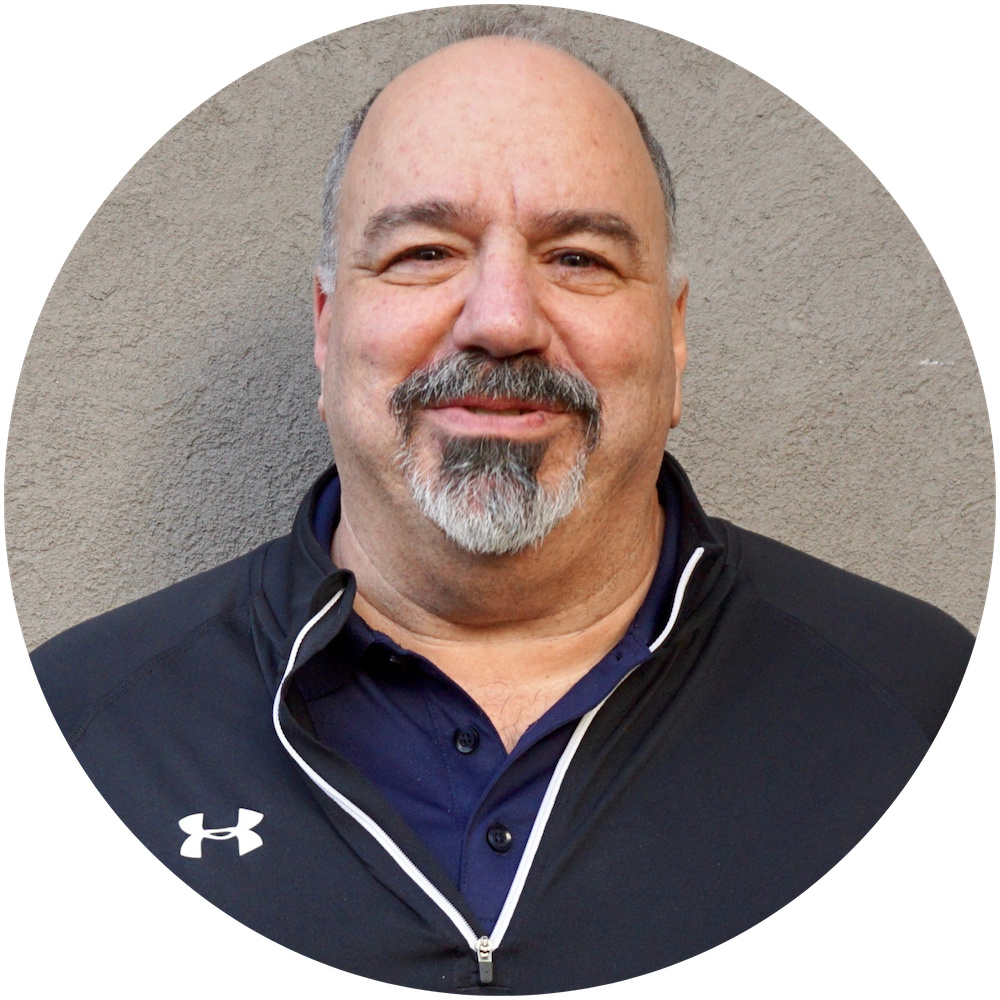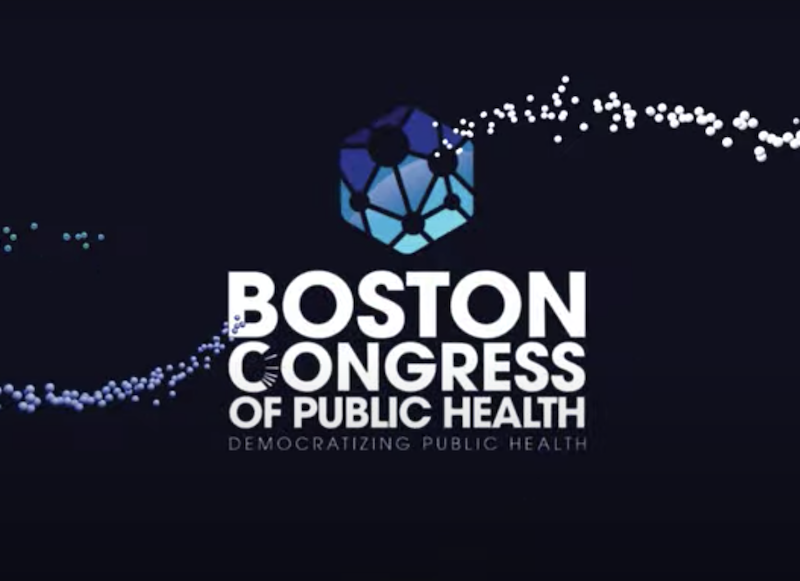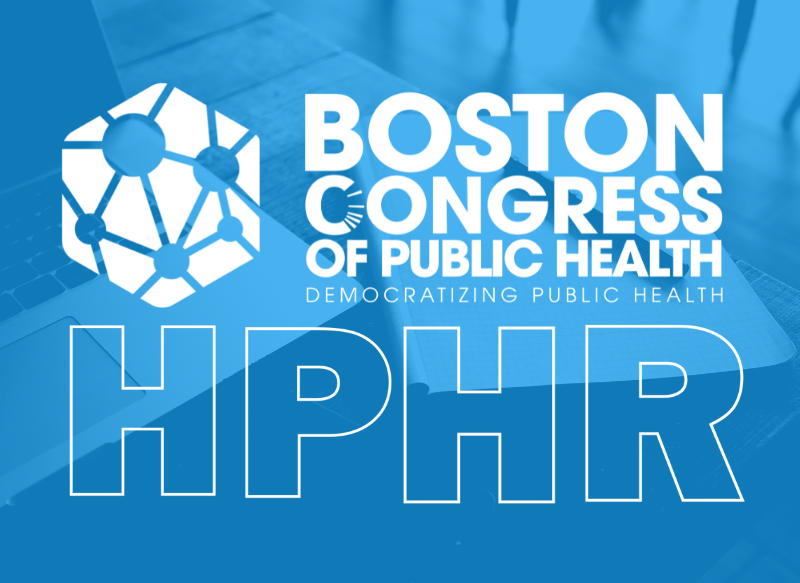Jim Ansara founded Shawmut Design and Construction – one of the top 25 construction management firms in the U.S. and since retirement, has pursued “boots-on-the-ground” philanthropy – participating in and giving to programs that make tangible differences in low-resource settings. After managing the design, engineering and construction of a fully solar-powered national teaching hospital in Haiti in 2013, Jim established Build Health International to improve sustainable health infrastructure in under-resourced settings and promote innovative global health solutions. BHI has grown to complete over 200 architectural, engineering and building projects in 28 countries throughout Africa, the Caribbean and Latin America. Jim serves as the Managing Director of Build Health International.
Growing up in a progressive family, my siblings focused on social and political action while I talked my way into work as a carpenter. That started a long adventure in the construction industry and led me to establish Shawmut Design and Construction. Throughout my career I committed to taking on the most difficult jobs that others did not want while always building to the highest standards, completing projects at reasonable costs, and supporting employees and the community at every opportunity.. We faced many challenges along the way but knew that each one would present a learning opportunity for the next.
After retiring from Shawmut and selling the company to the employees, my wife and I became very involved with international development. I have been dedicated to participating in and giving to programs that make tangible differences in some of the world’s most vulnerable places. On travels with our children, three of whom were adopted from South America, I began to reflect upon key disparities that I witnessed firsthand, including poverty, injustice and inequality.
Personal Statement
Looking for a meaningful use of new-found freetime, in 2009, I accepted an invitation from Dr. David Walton of Partners in Health. We visited Haiti and we began working on a 100-bed hospital in the community of Mirebalais. In 2010, the earthquake struck Haiti, and the need for high-quality healthcare services became even greater. We revised our plan to build a new 320-bed hospital, the Hôpital Universitaire de Mirebalais, which was finally completed in 2013.
After overseeing the design, engineering, and construction of this facility, I co-founded Build Health International (BHI), an organization that is dedicated to improve sustainable health infrastructure in low-resource settings and promote innovative global health solutions. Driven by a passion for delivering equitable healthcare, I am proud to lead our dynamic global team of engineers, architects and specialists to deliver sustainable impact for communities everyday. BHI has grown to complete over 200 architectural, engineering and building projects in nearly fifty countries throughout Africa, the Caribbean and Latin America.
Our vision is for an equitable health future, where clinicians have the resources they need to deliver high-quality healthcare to all, regardless of location or ability to pay. While BHI has grown into a global operation with over 100 full-time team members around the world, it still has the culture of a lean and scrappy start-up. While we know our mission is possible, it is not easy. Especially as the global health landscape continues to constantly change and evolve. In the regions where we work, at any given time political, environmental or regional factors could dramatically affect our efforts. Our drive and commitment to deliver equitable care and “get the job done” motivates me each and every day, no matter how many challenges or how “new” a place may seem. Getting health care and equipment to those who need it gets me up every morning and keeps me working late many nights.








